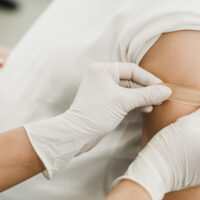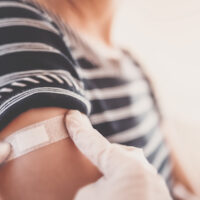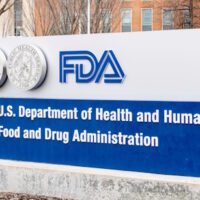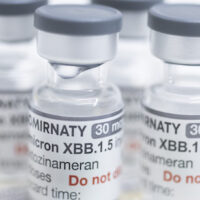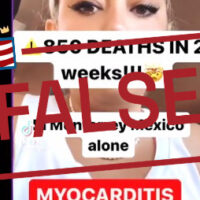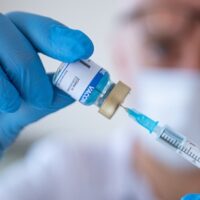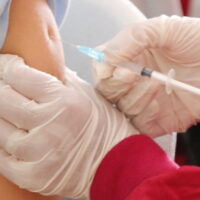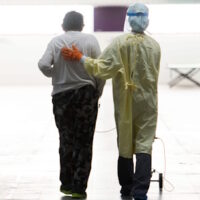Being vaccinated against COVID-19 helps protect pregnant people from severe COVID-19. When given during pregnancy, the vaccines can also reduce the risk of hospitalization from COVID-19 early in a baby’s life. A new study adds to the evidence that vaccination during pregnancy is safe for babies, contrary to social media and online claims.
Misconception: Safety
COVID-19 Vaccines Save Lives, Are Not More Lethal Than COVID-19
Posts Falsely Claim FDA ‘Required’ to Take mRNA COVID-19 Vaccines Off Market Due to Adulteration
COVID-19 Vaccines Have Not Been Shown to Alter DNA, Cause Cancer
Small amounts of DNA from the manufacturing process may remain in the mRNA COVID-19 vaccines. Purification and quality control steps ensure any leftover DNA is present within regulatory limits. There isn’t reason to think that this residual DNA would alter a person’s DNA or cause cancer, contrary to claims made online.
Posts Push Unproven ‘Spike Protein Detoxification’ Regimen
Serious side effects after COVID-19 vaccination are rare, and there isn’t evidence people need to undergo a “spike protein detoxification” regimen after getting vaccinated, contrary to claims made online. Nor has such a regimen been shown to help people recover from long COVID, or long-term health problems after having COVID-19.
Video Falsely Claims 850 People Died of Myocarditis in Mexico
COVID-19 Vaccines Have Not Been Shown to Cause ‘Turbo Cancer’
People with cancer are particularly vulnerable to severe disease and death from COVID-19. Vaccines provide needed protection. It has not been shown that COVID-19 vaccines cause or accelerate cancer. Nor does a recent paper about a mouse that died of lymphoma “prove” that the Pfizer/BioNTech vaccine induced “turbo cancer,” contrary to social media claims.
Viral Video Repeats Bogus Claim About Vaccines and Visible Ailments
Posts Exaggerate Significance of Swiss Study on Heart Risk and COVID-19 Vaccination
A Swiss study found that after a COVID-19 booster, less than 3% of people briefly had a slightly elevated blood level of a protein that can be a marker of heart injury. No one in the study had any serious heart damage, and other experts say the findings are unlikely to be clinically significant. Viral posts, however, are spinning the results to falsely claim that the study shows the vaccine’s risks are “off the scale.”
RFK Jr.’s COVID-19 Deceptions
Robert F. Kennedy Jr.’s battle against vaccines — and against the institutions that promote them — goes back to at least the mid-2000s, as we explain in the first article of this series. But the arrival of COVID-19 gave the environmental attorney fresh grounds to intensify his attacks and a timely platform to gain new followers and revenue.
